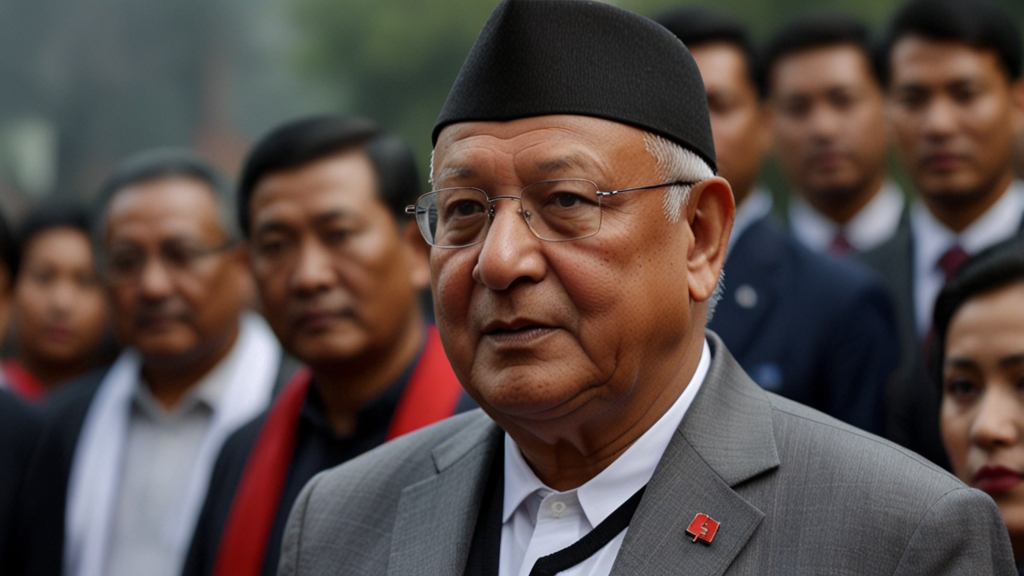Nepal’s Prime Minister K.P. Sharma Oli arrived in China on Monday for the first official foreign tour of his current term. The visit is most timely given the challenges that Nepal now faces in managing its relations and foreign policy with its neighboring big powers. Prime Minister Oli is also likely to hold diplomatic talks of various points on the bilateral and multilateral interest with the Chinese President Xi Jinping and other equivalent officials.
It is regarded as a major move to enhance the bilateral relations between Nepal and China which has been rising in past some years. China has emerged as the most significant source of foreign direct investment and as an economic co-partner of Nepal with investments on infrastructural development enhancing trades relations. There are also plans for the two countries to improve the connection with each other via several projects, such as the BRI.
Another matter that may be under consideration in the implementation of different agreements and MoUs signed and inked between Nepal and China in the recent period can also be taken as issues being brought into discourse during this visit. They include transport, energy and cross border economic integration initiatives among them. The Nepali delegation is expected to seek faster progress in these ventures, which are essential for Nepal’s economic growth.
The visit also occurs against the backdrop of geopolitical relations in the Asian region, especially the conflict between India and China. As for Nepal which is located in between these two Asian giants the country has been very cautious while formulating its foreign policies to ensure equal relations with both of them. Prime Minister Oli’s visit to China may also raise eyebrows of regional neighbours trying to find clues of the new Nepalese diplomatic alignment.
There are likely to be lots of talk on trade and investment. Nepal has been trying to move away from close economic relationship and trade dependence on India, its main trading partner. Any discussion regarding the benefits is thus likely to involve efforts to unlock these opportunities and manage the risks associated with China’s rising dominance in the Nepalese economy: debt traps and sovereignty threats.
The two more possible areas of discussion are the problem of Tibet and the problem of border security. This follows the “One China” policy Nepal has always admitted and has been working hand in hand with China on the issue of the border. Nevertheless, the issue of the presence of Tibetan refugees in Nepal and, from time to time, border issues have been considered disturbing in their relations. It could be the chance of the two sides to restate their intention to deal with these issues.
Other areas of cooperation also might include climate change and environment. It explained that both the countries are affected by the climate change factors in higher level especially in the Himalayan regions. Program May Be Intersected at Possible cooperation in fields like glacier observation, catastrophe prevention, and climate change adaptation within mountainous territory during the visit.
During the visit, it will be watched not only by Nepalis and internationals but also by regional and international audiences. Considering the possibilities of the given trip’s results, it is possible to state that the effects may potentially be of great importance for the country’s foreign policy, further economic growth, and, at large, its further position in the context of the Asian geopolitical map. Whether Prime Minister Oli will be able to consolidate and deliver tangible gains in the form of ‘benefits’ for Nepal while assuredly and effectively navigating diplomatic independent regionalism will define this important diplomatic endeavor either positively or negatively.


